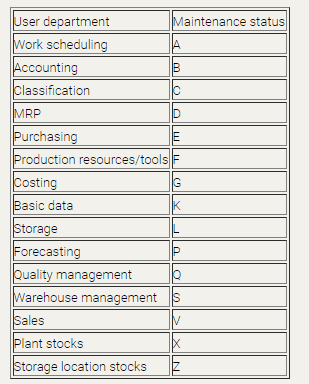Dear all,
We added a print statement in database.py as follows -
def sql(self, query, values=(), as_dict = 0, as_list = 0, formatted = 0,
debug=0, ignore_ddl=0, as_utf8=0, auto_commit=0, update=None):
"""Execute a SQL query and fetch all rows. .... """
print ('QUERY = ', query, values)
and measured number of queries getting fired on Sales Invoice (select sales order, click on make sales invoice) save and submit operations.
First this first -
Is it a right way to measure number of DB Calls?
Another declaration -
I am yet to analyse this data fully. Will keep on sharing finding. Staring this thread just to get some early inputs if anyone has. We may be completly wrong.
Following are the findings -
Sales Order (and hence invoice) had 9 Items in it
- Save = Around 778 database calls
- Submit = Around 1050 database calls.
tabSingles 60
tabItem 56
tabCurrency 39
tabBin 27
tabAccount 26
tabAccount 26
tabSales Invoice 22
tabSales Order 21
tabUOM Conversion Detail 18
tabItem Supplier 18 (custom)
tabItem Tax 18
tabItem Variant 18
tabItem Company Settings 18 (custom)
tabItem Customer Details 18
tabItem Quality inspection parameters 18
tabItem Reorder 18
tabItem Website Specification 18
tabWebsite Item Group 18
tabAttachment Link 18
tabItem Group 17
tabSales Invoice Item 12
tabCompany 12
tabDocType 11
tabCustomer 11
tabProject 11
tabPrice List 11
tabProject 11
tabWarehouse 10
tabCost Center 10
tabSales Order Item 9
tabSales Taxes and charges template 9
tabItem Price 9
tabItem 9
tabProductBundle 9
tabPurchase Order 9
tabPurchase Receipt Item 9
tabDocType 8
tabUOM 7
tabSales Team 7
tabAddress 6
tabParty Account 5
tabJournal Entry 5
tabPayment Schedule 5
tabCustomer Group 4
tabSales Invoice Payment 4
tabSales Invoice Timesheet 4
tabPacked Item 4
tabCommunicaiton 4
tabVersion 3
tabContact 2
tabSales Person 1
We need to understand why so many DB calls are being made. There could be some of our custom code (We dont have much). However we need to relook at the code design in general. We are still digesting this data. In case anyone has looked into this aspect, can you please comment? We will keep on sharing our findings here.
Our first observation is about the tables linked to Item. There are many child tables in the Item doctype on which there are repeat select queries happening. A quick traceback.print_stack() showed select queries are originating from
File "/workspace/Dev/frappe-bench/apps/erpnext/erpnext/controllers/accounts_controller.py", line 200, in set_missing_item_details
Even queries to tables like Purchase order and Purchase Order Items``, Purchase Receipt Item``` are originating from set_missing_item_details.

